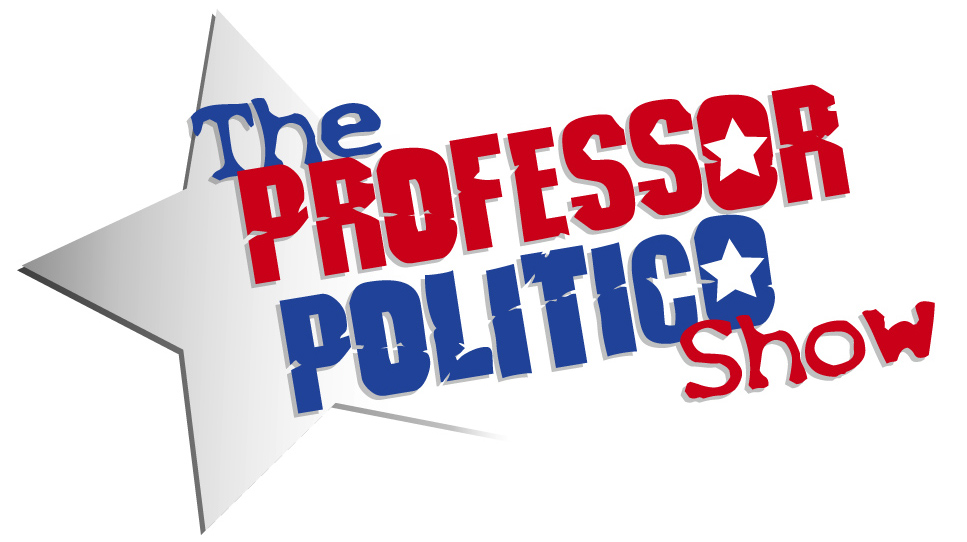Did you know that 650,000 minors get alcohol from their parents? Sweet zombie Jesus! God forbid parents responsibly introduce alcohol to their own children at an age they think it's proper to do so.
We wouldn't want any responsible drinkers running around the streets, now would we?
Besides, what would the media and politicians have to bitch about? Guns? Oil prices? The price of tea in China? Okay, so they'd still have a lot to piss and moan about, but, you get my point.
And here we have a sensible article from Time magazine about drinking with your kids and doing it responsibly.
Here's a little snippet:
Today news stories offer grim accounts of high school parties that end in gruesome wrecks and of college kids killing themselves by consuming, say, 100 shots in as many minutes. Last year the Surgeon General issued a "call to action" to prevent underage drinking; the National Institutes of Health issued a similar one in 2002. The calls to action make it sound as if America's high schools have become one enormous kegger, but in fact alcohol use among high school students has fallen dramatically. The Monitoring the Future surveys conducted by the University of Michigan show that in 1991, 81% of eighth-, 10th- and 12th-graders had had at least one drink in their lives; by last year, the figure was only 58%. Roughly 47% of this cohort had been drunk at least once in 1991; in 2007 only 38% had ever been drunk. On college campuses, meanwhile, the ranks of nondrinkers are rising steadily. In 1980 only 18% of college students surveyed for Monitoring the Future said they had not had a drink in the past month; by 2006 the proportion had risen to 35%.
And yet the typical college president can offer sad anecdotes about students dead from alcohol poisoning. Those deaths are still so rare that it's impossible to prove they are increasing. But according to Henry Wechsler of the Harvard School of Public Health, 26% of college kids who drink say they have forgotten where they were or what they did at least once; the figure was 18% for college men in the late 1940s, according to the seminal 1953 book Drinking in College. We think of the midcentury as a gin-soaked era, but when the Drinking in College authors asked students whether they had suffered an "accident or injury" as a result of alcohol (without defining precisely whether that meant only physical injury or also alcohol poisoning), only 6% of drinkers said they had. The figure has now more than doubled, to 13%.
So the data indicate there are fewer young drinkers, but a greater proportion of them are hard-core drinkers. Parents have helped create this paradox. Many parents seem torn between two competing impulses: officially, most say in surveys that they oppose any drinking by those under 21. But unofficially many also seem to think kids will be kids--after all, not so long ago, they were themselves drinking as teens. A few of these parents have even allowed their kids to have big drunken parties at home.
But there is a better way. At first it sounds a little nutty, but you might consider drinking with your kids. Incongruously, the way to produce fewer problem drinkers is to create more drinkers overall--that is, to begin to create a culture in which alcohol is not an alluring risk but part of quotidian family life. Of course, that's a mostly European approach to alcohol, but there's reason to think it could work here. And it may be the best way to solve the binge-drinking problem.
*Okay, so it was a large snippet. So sue me.




